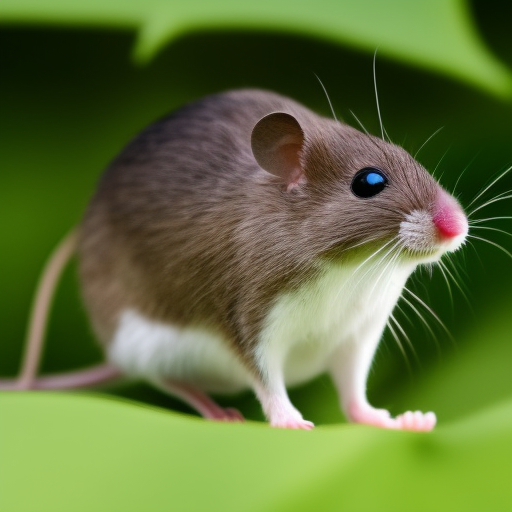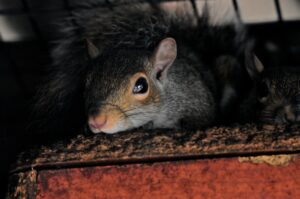Mice may appear cute and harmless, but they can pose significant dangers to human health and safety. In this article, we will explore the various ways in which mice can be dangerous, including their potential to carry and transmit diseases, damage property, contaminate food, cause allergic reactions, and have a psychological impact.
Disease Carriers:
Mice can carry and transmit various bacteria, viruses, and parasites that can be harmful to humans. Hantavirus is one such disease that is transmitted through the inhalation of dust particles contaminated with the virus. Salmonellosis is another disease that can be transmitted by mice and can contaminate food and water sources. In addition to these, mice can also transmit other diseases such as Lymphocytic choriomeningitis (LCM), Rat-bite fever, and Tularemia.
Damage to Property:
Mice can also cause significant damage to property by gnawing through various materials, including wood, plastic, and electrical wires.



Mice are cute but can be dangerous, know the facts!
This gnawing behavior can cause damage to furniture, walls, and even electrical appliances. In extreme cases, mice can cause fires by chewing on electrical wires, leading to expensive repairs and potential safety hazards.
Contamination of Food:
Mice are notorious for contaminating food, which can lead to foodborne illnesses. They can easily access food storage areas such as pantries, cupboards, and refrigerators. They can also chew through packaging materials such as cardboard, plastic, and even metal, to get to the food. Once they have contaminated the food, it can no longer be consumed, leading to food waste and financial loss.
Allergic Reactions:
Mice can also cause allergic reactions in some people. This is because they produce allergens in their urine, saliva, and feces, which can trigger allergic reactions in some individuals. These reactions can range from mild to severe, depending on the individual’s sensitivity to the allergens. Symptoms of an allergic reaction can include sneezing, coughing, itchy eyes, and skin rashes.
Psychological Impact:
Mice infestations can also have a psychological impact on individuals. Many people have a phobia of mice, known as musophobia, which can lead to anxiety and panic attacks. The sight of mice scurrying across the floor or hearing them rustling in the walls can be distressing for many people, especially children.
Prevention and Control:
Fortunately, there are several ways to prevent and control mice infestations. One of the most effective ways is to practice good hygiene. This includes storing food in airtight containers, cleaning up spills and crumbs immediately, and taking out the garbage regularly. It is also important to seal any cracks or openings in walls and floors to prevent mice from entering the house.
In addition to good hygiene practices, there are several control methods that can be used to eliminate mice infestations. Traps can be used to capture and kill mice, while baits can be used to poison them. Repellents such as peppermint oil, mothballs, and ultrasonic devices can be used to keep mice away from the house.




